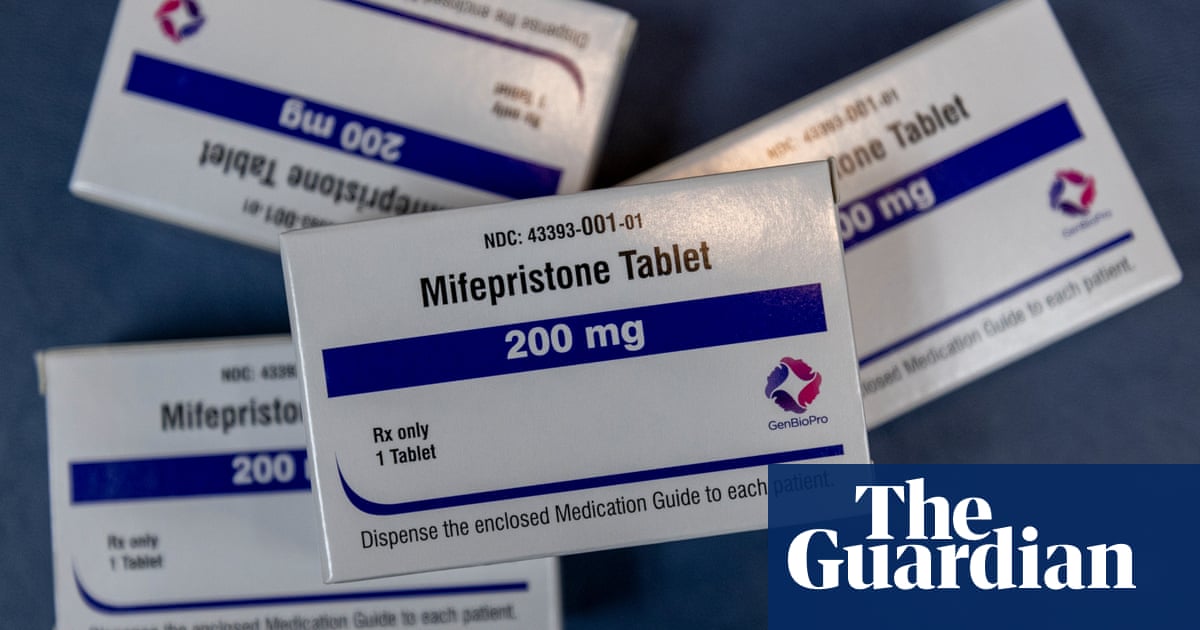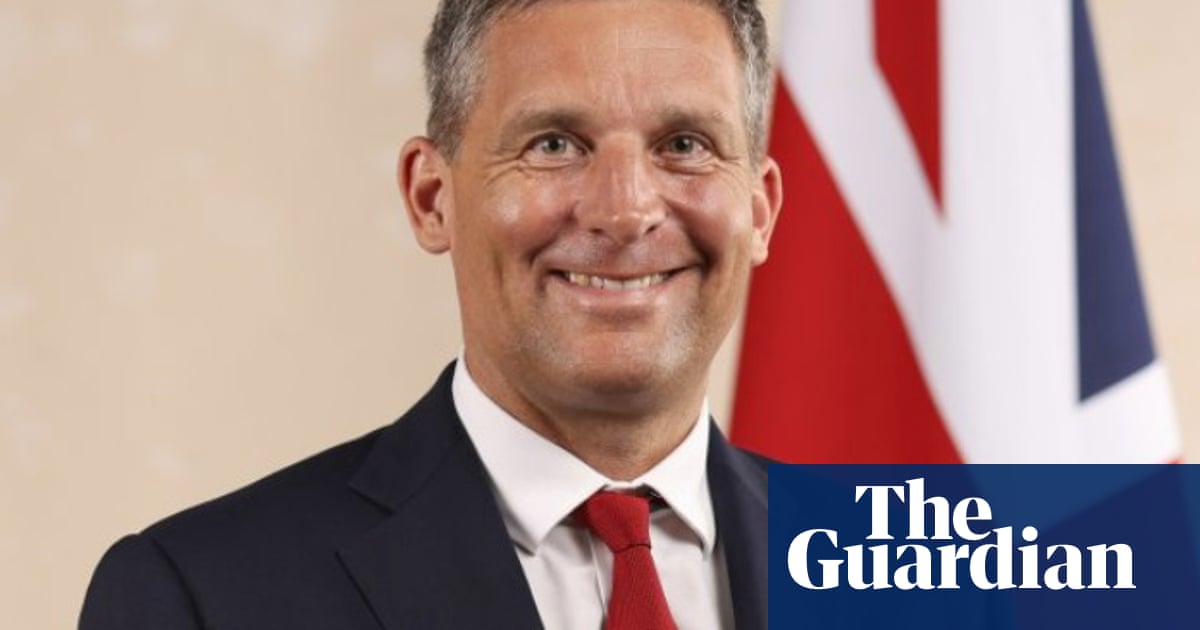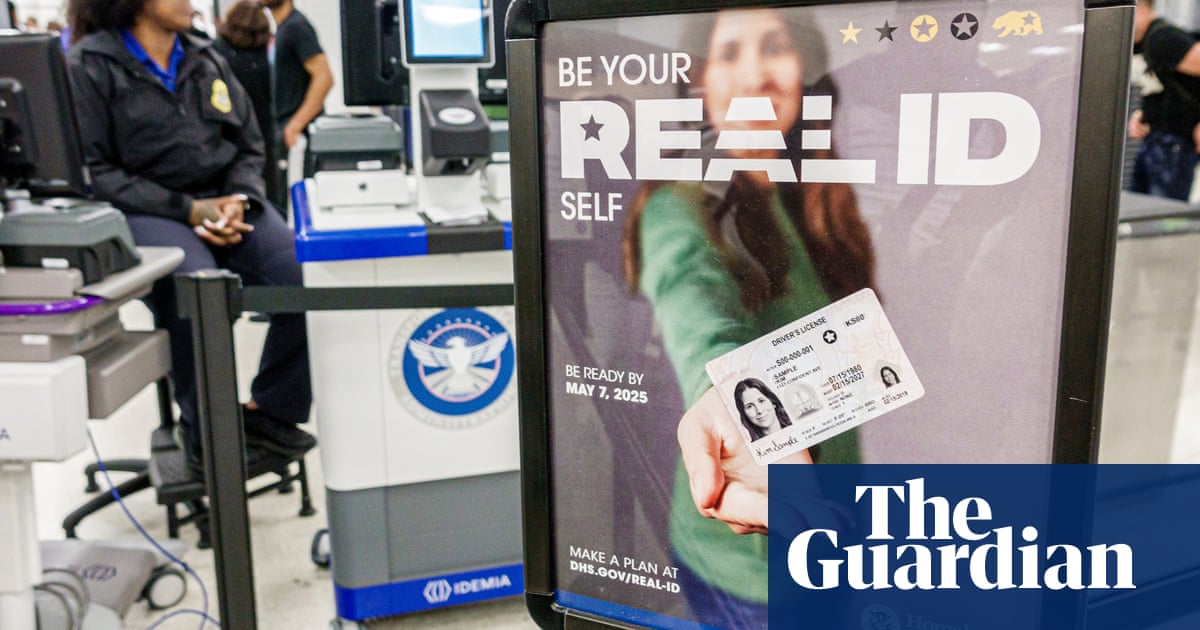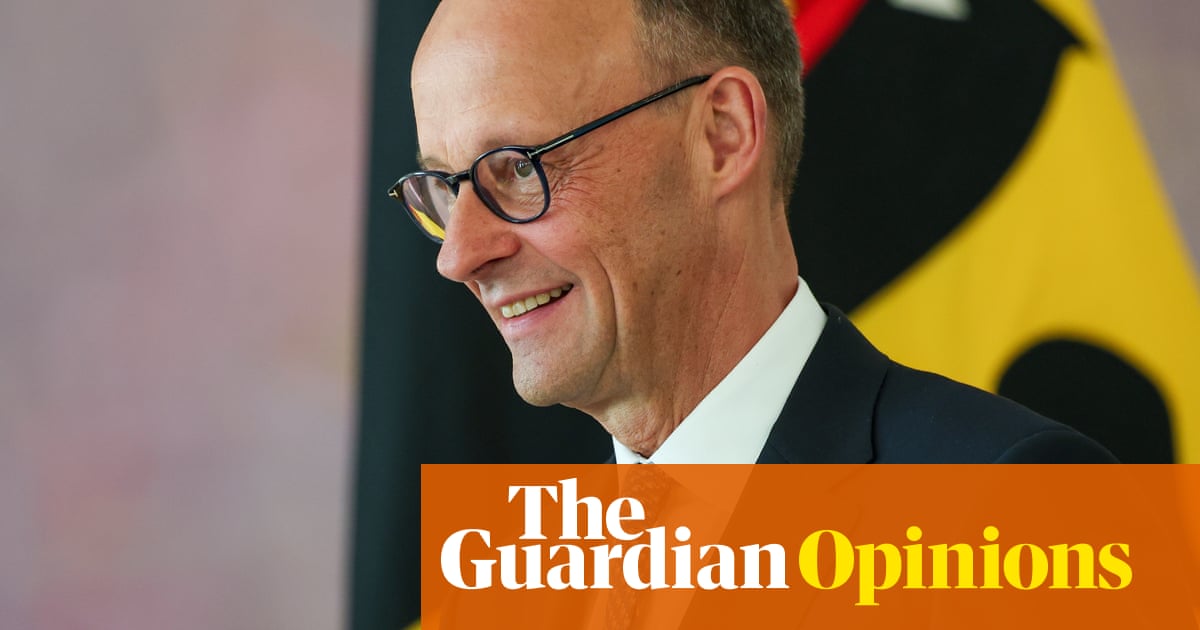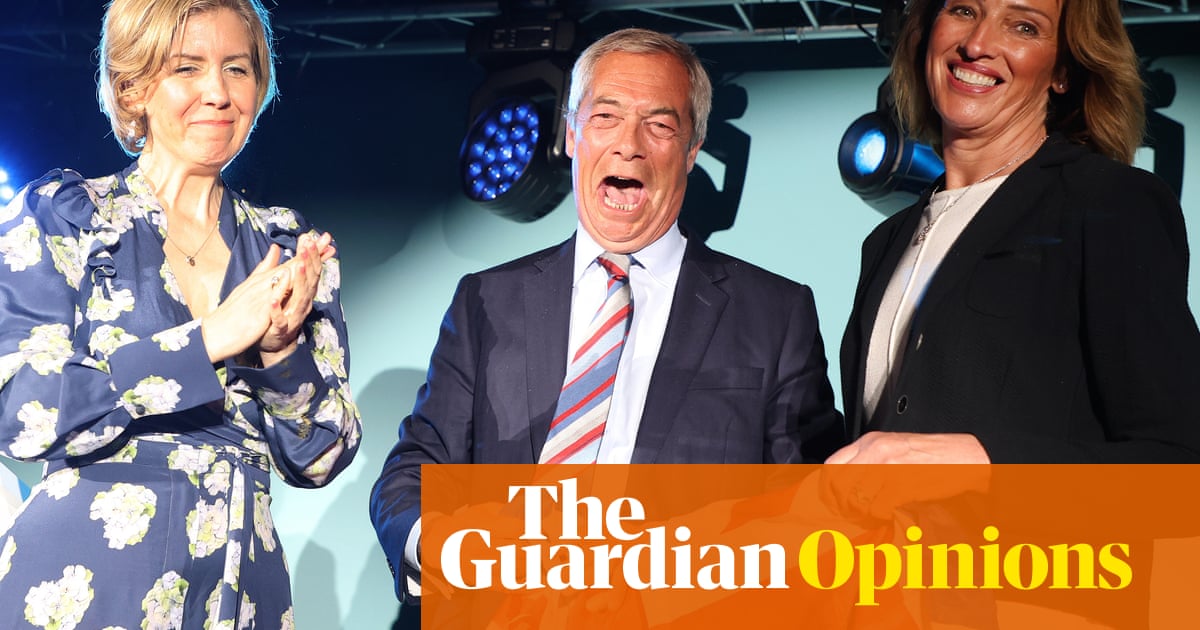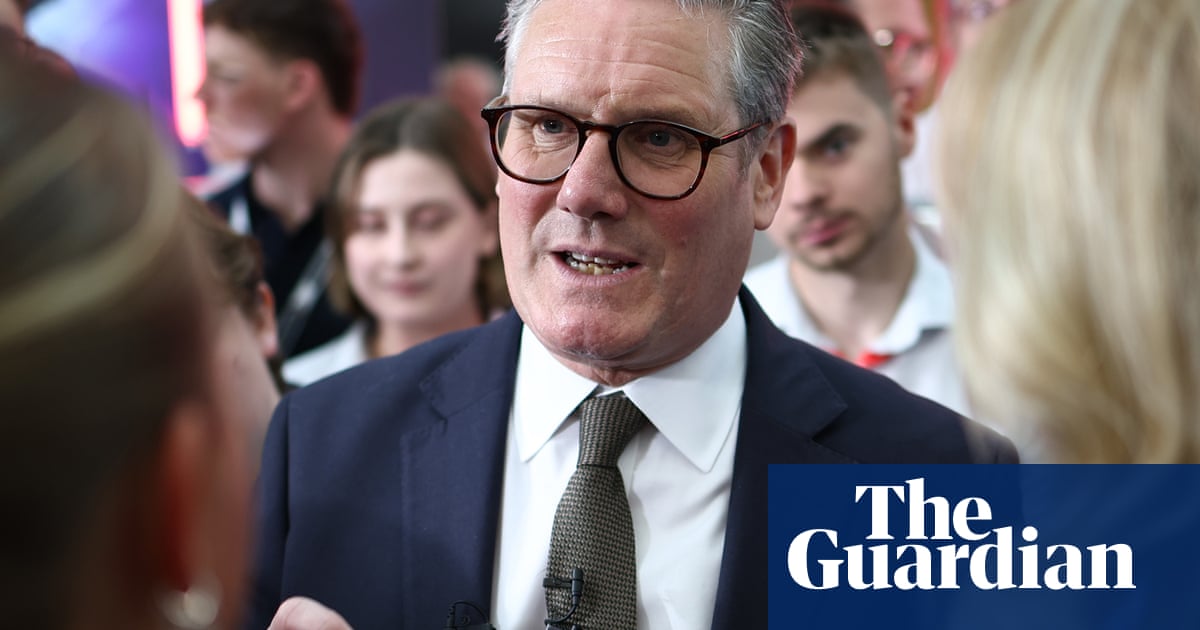The UK film industry is under threat from Donald Trump’s latest musing on how to revive Hollywood. To the dismay of everyone connected with British film production, the US president said he would impose a 100% tariff on all movies “produced in Foreign Lands”. Here we ask what it means for the industry and the UK economy if he makes good on the threat.
How big is the UK film industry?
By some measures, spending on film production in the UK is small in relation to an economy worth £2.5tn. In 2022, the figure reached £1.97bn, according to industry figures. But its importance at the heart of the creative industries goes much further, as successive governments have recognised.
Approximately 16,000 companies were involved in video production, or film video and television and post-production in 2020, according to industry figures, supporting 86,000 jobs, of which 75% worked in movie production and distribution.
More broadly, film, television and video sectors contributed £12.6bn to the UK economy in 2019, representing an increase of 35% since 2014.
How does that relate to wider creative industries?
The film and TV industry lies at the heart of the UK’s cultural sector, and its identity as a nation. Theatres feed off the work of TV and film, actors who make their money in TV and film work in other venues, and thousands of contractors, from electricians to makeup artists, move between jobs in all areas of the industry. The culture minister Lisa Nandy says the creative industries contributed an estimated £124bn in 2023, accounting for 5.2% of the UK’s economic output.
A report by the Boston Consulting Group (BCG) stripped out the IT and software sector and came up with an alternative measure of 4% of output, but while smaller, the sector ranked as the fastest growing in the UK between 2010 and 2022.
So the industry is booming?
A franchise such as Sonic the Hedgehog would appear to indicate rude health. The third episode in the saga was released last year after the SAG-AFTRA writers strike delayed the animation work in Surrey and filming with actors in London until 2023. It made $478m at the box office compared with the $403m revenue generated by the second version. And Sonic the Hedgehog 4 is being planned and scheduled for release in the UK on 19 March 2027. Greta Gerwig’s Barbie, which was shot almost entirely in a studio in Hertfordshire, contributed an estimated £80m to the UK economy and created nearly 700 jobs.
However, a report by the Economics Observatory showed there is a flipside to this story. It said “disruptor” streaming platforms, the hangover from industrial action by US writers, the spiralling costs of production and a collapse in TV advertising revenues have combined to create a crisis in the sector. Total revenues earned by UK production companies fell by £392m in 2023 and the amount spent on commissioning shrank by more than 10%. Exports have contracted by 1.9% in the past year alone, it said.
The creative industries, as defined by the government, decreased by 3.3% between 2022 and 2023 leaving it 1.4% higher than pre-pandemic (2019) and 35.4% higher than in 2010, in real terms.
How would 100% US tariffs affect the UK industry
The initial reaction would be to freeze plans for new films. Few companies will be bold enough to press ahead with production on a TV series or feature film destined to be shown in the US, knowing the distributor could be charged double the cost of sourcing a US-made version.
As with all Donald Trump’s tariffs, it is the uncertainty and not knowing what tariff will eventually apply that kills investment.
Domestically funded output will continue, but the prospect is that a large proportion of feature films will be frozen until the picture becomes clearer.
Trump has said he will consult Hollywood studios before making a decision. No one knows how long that will take.
Are tax breaks making the UK cheaper than the US?
This is at the heart of the US president’s complaint. There are tax breaks available in the UK that allow film-makers to offset costs against tax, boosting profits. Films, high-end TV and video games are eligible for a taxable credit at a rate of 34% while low budget films can claim up to 53% of costs against tax. Many countries operate similar regimes to attract the bigger film companies to their shores.
Bectu, the film industry union, says the main attraction is the skills on offer. For instance, ready-made cinematographers, editors and directors emerge from universities such as Falmouth and Leeds Beckett, and they are joined by trainees from the BBC and ITV film units.
Then there are the state-of-the art facilities and the breadth of locations, from the historical to the beautiful.
The ring of new sound stages around London, adding to the older Pinewood and Shepperton studios, are often fully booked, while England’s regions are looking to expand capacity. At the moment, Hartlepool borough council is consulting residents about funding a production village near the existing Northern Studios, using £16.5m of levelling up fund cash.
Who owns the industry?
Like the pharmaceuticals industry in Ireland, the UK film industry is largely foreign owned, with the UK acting like an offshore hub.
The BCG report found that the share of turnover in the UK creative and entertainment industries held by foreign-owned firms rose from 22% in 2014 to 42% in 2024. It’s a huge jump and largely reflects the dominance of the big US streamers such as Netflix, Amazon, Disney and Apple.
It could be argued that the trend means the UK has acted much like an emerging market economy, providing the skills and locations and gaining employment, while the revenues are sent back to the US or to low tax havens.
Foreign ownership has also dramatically increased the cost of production, pricing out the BBC and ITV from producing high-end drama series. They simply cannot pay the price per episode afforded by Netflix.
More than a dozen EU countries have put a tax on streamers to claw back some of the profits, but this is unlikely to be top of the agenda in the UK as it seeks to strike a trade deal with officials in the White House.

 4 hours ago
3
4 hours ago
3

